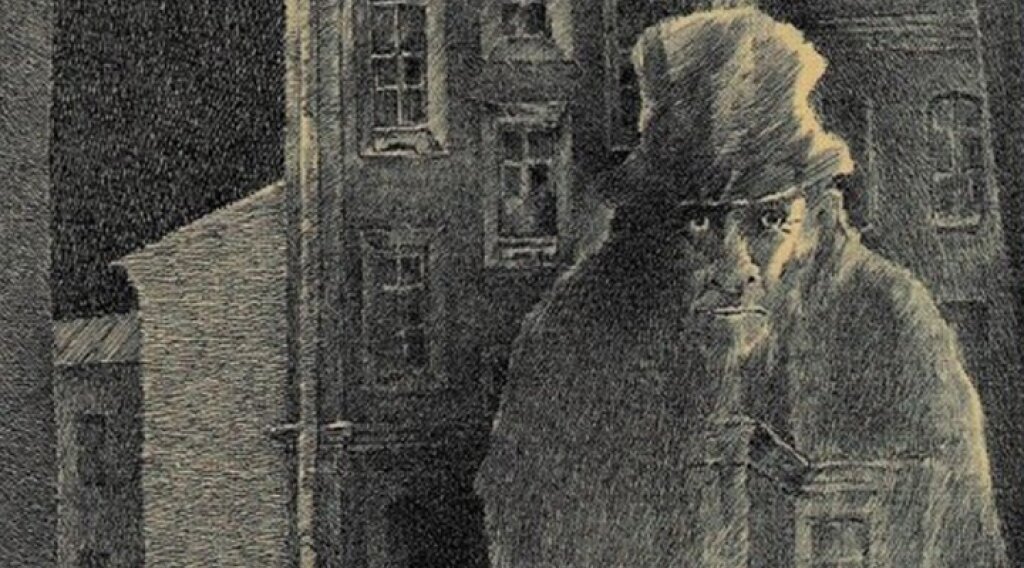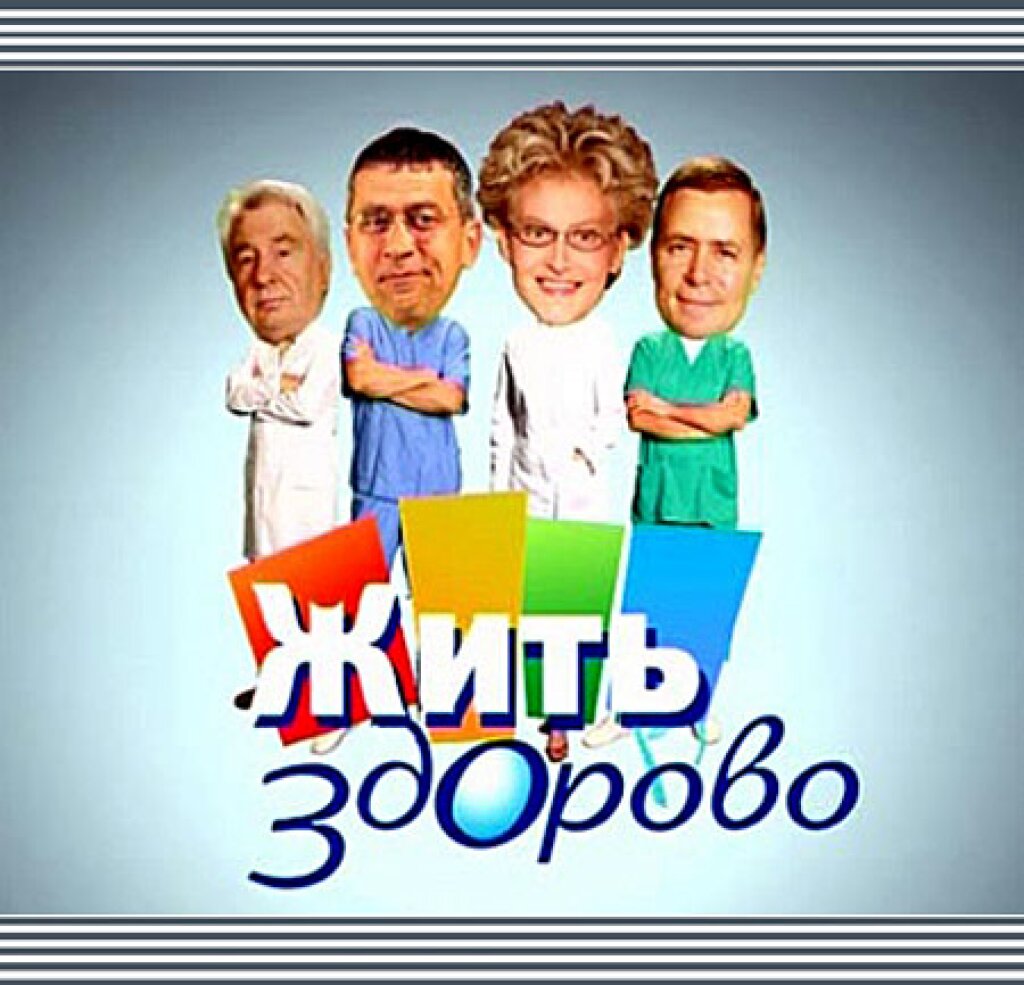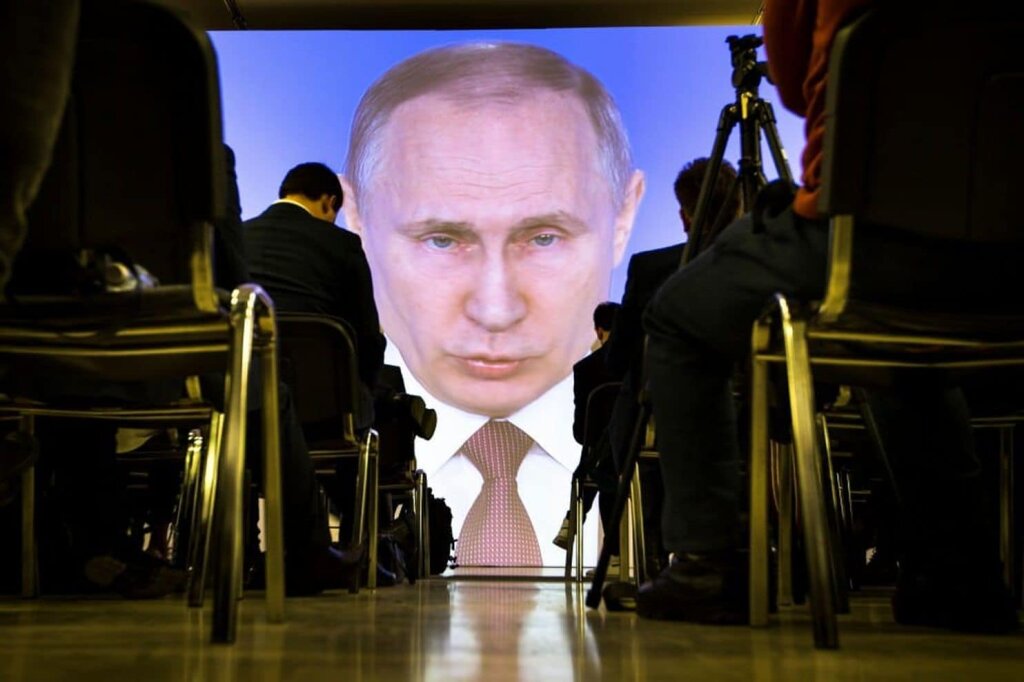This post originally appeared on The Bloggers Karamazov, the Official Blog of the North American Dostoevsky Society. It emerged from a roundtable on “Teaching Dostoevsky in the 21st Century” organized by Daniel Brooks at the 2019 AATSEEL conference in New Orleans. This is the first in a series of posts by roundtable participants.
Amy D. Ronner, who holds both a law degree and an M.A. and Ph.D in literature, is a Professor Emeritus of Law at St. Thomas University School of Law, where she taught Constitutional Law, Wills and Trusts, Sexual Identity and the Law, and Criminal Procedure. She is the author of five books, including Dostoevsky and the Law (2015) and Law, Literature, and Therapeutic Jurisprudence(2010).
With my PhD in literature, I began my first career teaching at the University of Michigan and then at University of Miami. It is not surprising that when I became a law professor, I instinctively integrated literature – especially Dostoevsky – into my classes: the obvious course is criminal procedure and one not-so-obvious is Wills and Trusts.
Because I have practiced law, I have seen what can potentially hobble a lawyer: namely, her insistence that things be tidy and fall within set parameters of unyielding doctrines. In fact, fledgling law students tend to apotheosize the legal system and expect it to bestow order and absolute certainty. Golyadkin, as law professor, tends to jolt these soon-to-be lawyers out of this stultifying mindset. But what is that nexus between Dostoevsky’s The Double and Wills and Trusts?
After the publication of my article, “Does Golyadkin Really Have a Double: Dostoevsky Debunks our Mental Capacity Doctrine,” Capital University Law Review. 40 (2012), p. 195, Harvard Law Professor Robert H. Sitkoff referenced it in his popular text book, Wills, Trusts, and Estates (New York: Wolters Kluwer Law & Business, 2016). The article, along with Sitkoff’s nod, gave me to idea to invite Professor(s?) Golyadkin to teach a unit in Wills and Trusts.
One unit in Wills and Trusts is about will contests where individuals seek to invalidate a testamentary document by arguing lack of mental capacity or insane delusion. These cases involve people who contest wills because they feel that they have been unfairly omitted or slighted. (“Damn it, mom left my good-for-nothing brother more!” “Dad left that step mother, the witch, everything!”). There are lots of cases like this and they are unsettling. In them, challengers argue that the wills are invalid because the testators have no basis to believe for example that one son was plotting murder, or that spouses were cheating, or that DEA agents were secretly monitoring their lives. When courts invalidate wills by finding that the beliefs behind them are the product of insane delusions, my students typically have a fit: how does that judge know that Smith’s son wasn’t trying to kill him? How do the jurors know that Honigman’s wife was notsmooching with Krauss behind the shrubbery? How in the world can a jury find that DEA Agents weren’t monitoring Breeden’s life when it turned out that one of his friends was indeed such an agent? As one student once succinctly put it, “these cases suck.”
In steps Golyadkin. Despite the many debates over The Double commentators tend to concede that with respect to “hero” Golyadkin that they are never certain what is really happening and what is hallucination. As Deborah Martinsen once put it, there is “narrative ambiguity around [the Double’s] objective existence.” (“Introduction” in Notes from Underground, The Double and Other Stories (New York: Barnes & Noble Classics, 2003)). Drawing on my article, I created a class exercise where we read The Double and make Golyadkin a testator in a will contest, one who is charged with having insane delusions. The students are asked to answer the question, how should a court rule? In most states, a delusion is not insane if there is any factual basis for it. Does our Golyadkin walk away with a clean bill of health or an insane delusion diagnosis?
The most aberrant event in Golyadkin’s life is his encounter with the Double and even that is not implausible. In real life, such a thing happens. Accounts of identical twins separated at birth who suddenly meet for the first time are plentiful. In fact, Anton Antonovich even mentions that very phenomenon to Golyadkin: “[D]on’t you worry. It’s a thing that does happen. Do you know, I must tell you this, the very same thing occurred to an aunt of mine on my mother’s side. She saw her own spitting image before she died.” And incidentally, CNN has been redundantly pounding it into our heads that Golyadkins can even triplicate.
As in will contests, in The Double, there is conflicting testimony. Petrushka, for example, takes two coats and serves two meals. He confuses Golyadkin with his Double and even quits because “nice people don’t have doubles.” In rebuttal, however, Petrushka, corroborating the contention that the Double is imagined, considers the task of taking Golyadkin’s letter to the Double to be a joke and claims that both Golyadkins have the same address. Witness Anton Antonovich also speaks to both sides. After being pressed, he at first admits that he detects only a slight “family resemblance” between the two Golyadkins and then suddenly anoints them two veritable clones: “Yes. Quite right. Really, the resemblance is amazing, and you’re perfectly correct – – you could be taken for one another . . . Do you know, it’s a wonderful – – it’s a fantastic likeness, as they sometimes say. He’s you exactly.”
My Wills and Trusts students can never reach anything close to consensus. But they come to realize that the debate and discomfort that The Double engenders replicate the reaction that they and legal scholars have with respect to mental capacity case law. Moreover, there are students courageous enough and willing to push further to consider whether it is even worthwhile to relentlessly adhere to the belief in the existence of an objective truth. That is an uncomfortable place to go: it is the land of messy things betwixt and between, but for lawyers the very act of going there is quite salutary.



